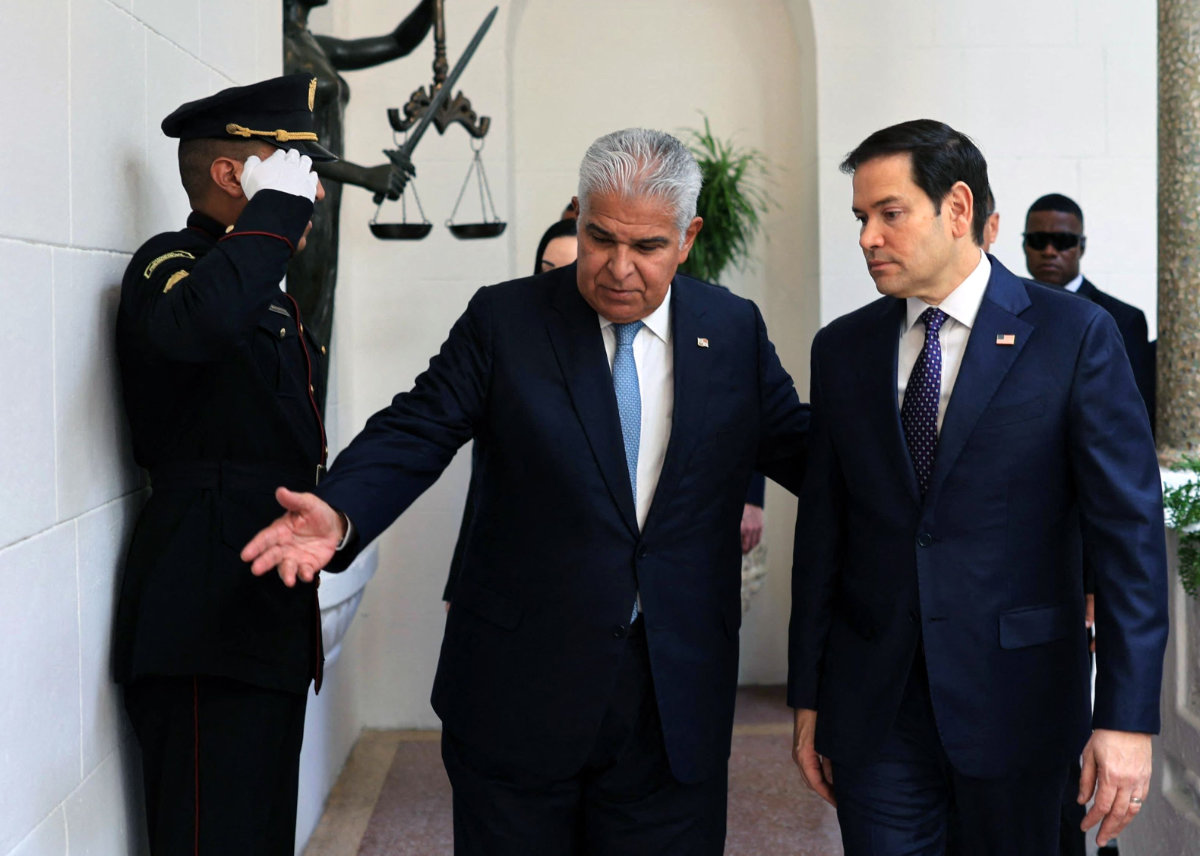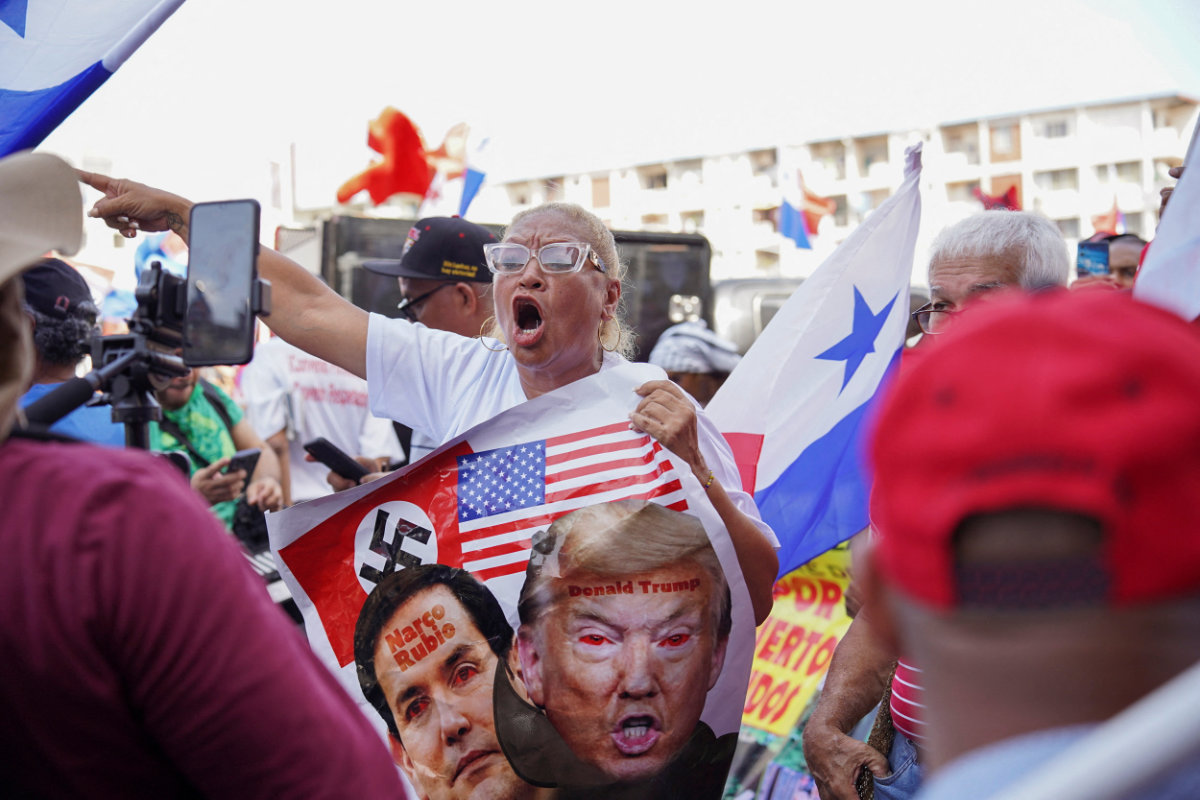MANILA: Filipino workers in Lebanon are urging the Philippine government to fast-track their repatriation in the wake of deadly Israeli attacks escalating in the region.
Israeli forces have killed more than 1,000 people across Lebanon in a series of attacks that began with pagers exploding at shops and hospitals around the country in mid-September, followed by a relentless bombing campaign that targeted densely populated areas.
The Philippine government has placed Lebanon under its “Alert Level 3,” which calls on over 11,000 Filipinos living and working there to voluntarily return home.
But many say they are struggling to leave. Joanna Concepcion, president of Migrante International, a global alliance of overseas Filipino workers, said that more than 100 Filipinos the organization has been in touch with have expressed “urgent concern” for their safety.
“This time, the situation is worrying them and they feel there is nowhere safe anymore. They feel that Israel can target anywhere, anytime,” Concepcion told Arab News.
“They are urgently appealing to the Philippine government for rescue and repatriation assistance. They are worried about the bombings and the explosions coming closer to their homes, in their communities. So they are worried for their safety, they are worried for their life and not being able to go back home safely to their families.”
Some Filipinos in Lebanon are facing legal difficulties, including permission from employers and official clearance to leave, as the Lebanese government suspended certain operations in the wake of Israeli attacks.
While Venacio Legaspi, an assistant secretary at the Department of Migrant Workers, said “we are doing what we can for their orderly and safe repatriation,” Filipino workers are urging Manila to make their repatriation mandatory, as Israeli forces escalate their assault on Lebanon.
“We all hope and pray our government will make it mandatory so our employers cannot refuse,” Rachel, whose name has been changed for her safety, told Arab News.
“We don’t know if we’ll still be alive tomorrow. It used to be that only south Lebanon was being bombed. It’s different now, even here in Beirut … I want to return home. But like other OFWs here, as long as the repatriation is not mandatory, we will not be able to go home because our employers won’t let us leave until we finish our contract.”
Maria, whose name has also been changed, faces a similar situation. After moving last year to Yarzeh, a town southeast of Beirut, the 29-year-old is bound by her contract, under which her boss paid $6,000 for her trip to Lebanon.
“I would like to be picked up here so that I can go home … I don’t have the money to pay my boss for what he spent on my way here. I even asked the embassy for help, but they won’t come here to pick me up,” she said.
“It’s very dangerous when we go out … We were so afraid that we could hardly sleep because the whole house was shaking from the explosions.”
Since last November, as fears of an escalation grew, the Philippines has been urging its citizens in Lebanon to leave the country.
However, some who answered the calls have not heard back from their government, even over a month after signing up for the repatriation process.
“When will they act? When some people have already died here?” Filipino worker Christine Lao said at a press conference hosted by Migrante International on Sunday.
“I call on all government agencies to pay attention to us … After being here for so long, we never considered returning home, but now it has become a matter of life and death. We can no longer hold back.”

































